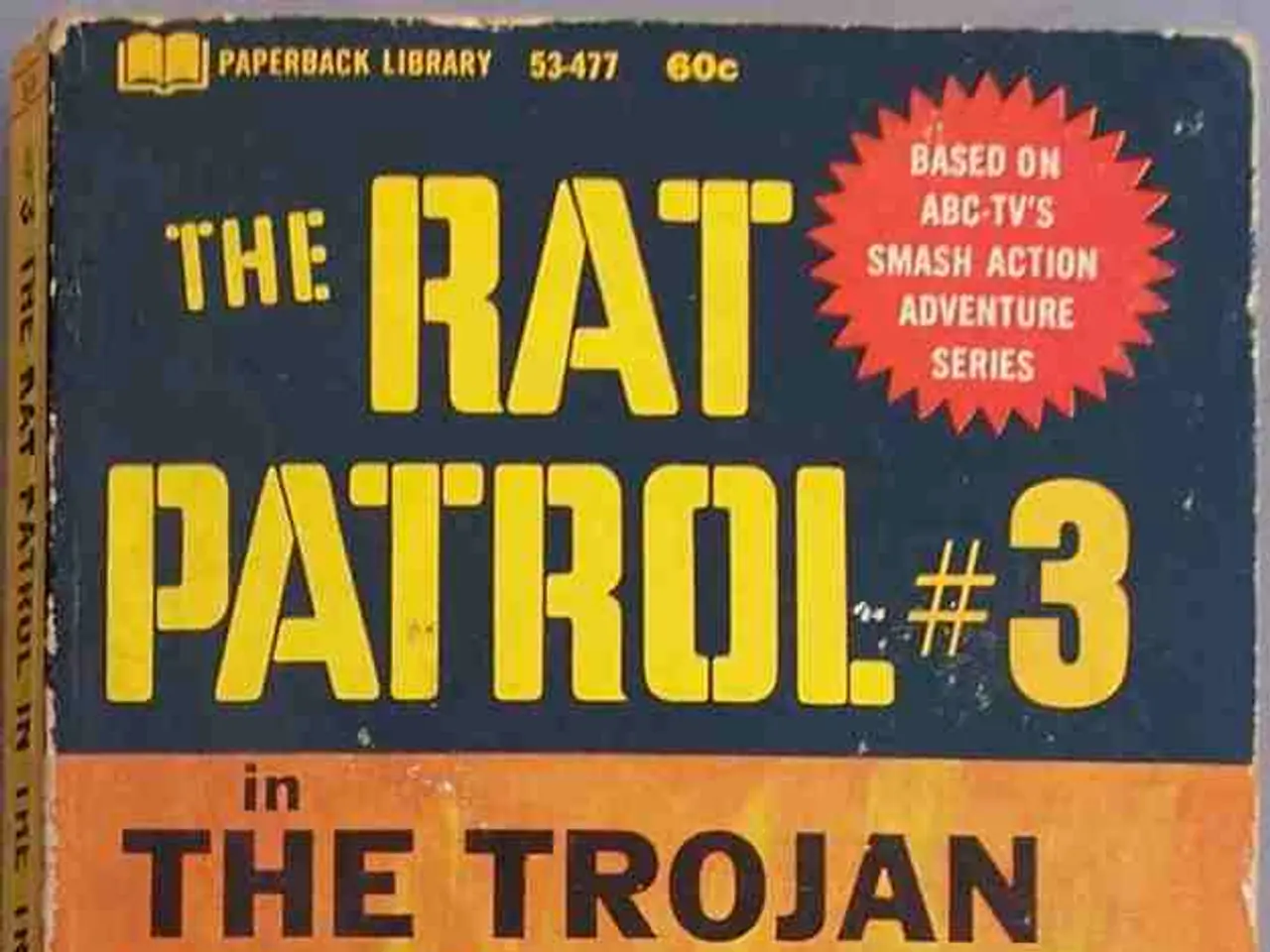Israel's prime minister, Netanyahu, confirms India's deployment of Israeli military equipment during their operation against Pakistan, known as Op Sindoor.
In May 2025, Israel provided significant military support to India during Operation Sindoor, a cross-border military campaign aimed at targeting terrorism-related infrastructure in Pakistan.
The support included the deployment of Israeli-developed Barak-8 missiles and HARPY drones. Israeli Prime Minister Benjamin Netanyahu confirmed that these weapons were used effectively by India in the conflict, describing them as "battle-tested" and instrumental on the field.
Operation Sindoor was launched by India as a military response following a deadly attack in Kashmir. The Barak-8 missile, co-developed by Israel and India, and the HARPY drone—a loitering munition specialized in suppressing enemy air defenses by autonomously seeking and destroying radar systems—were deployed by India to counter Pakistani missile and drone strikes and to target air defense and surveillance systems.
This military cooperation reflects the deepening strategic and defense ties between India and Israel. Over the past decade, India has imported approximately $2.9 billion worth of military hardware from Israel, including advanced radars, drones, and missile systems, underscoring a robust defense partnership that was crucial during Operation Sindoor.
The impact of Israeli technology was notable in giving India a tactical edge in precision strikes and enhancing capabilities in network-centric warfare. Indian forces combined Israeli systems with domestic weapons like BrahMos missiles and other air defense units, which marked a strategic shift toward indigenous and joint development of weaponry while leveraging Israeli expertise.
Netanyahu acknowledged that Israeli-supplied systems played a key role in India's operations. He also met with the Indian ambassador to Israel, JP Singh, to discuss strengthening "security and economic" cooperation.
It is important to note that during the same period, Israel has maintained uninterrupted weapons deliveries to India despite its ongoing war on Gaza. However, Netanyahu did not provide any information about any new plans to escalate Israel's military campaign in Gaza.
The four-day confrontation between India and Pakistan involved artillery duels, drone strikes, and air raids. Pakistan downed six Indian fighter jets and dozens of drones during the conflict. In response, Pakistan's armed forces launched a retaliatory military action named "Operation Bunyan-um-Marsoos" and targeted multiple Indian military targets.
The war between India and Pakistan ended on May 10 with a ceasefire agreement brokered by the US. Various Indian-made weapons were also used by India during the conflict, including the Russian-made S-400 missile defence system.
In summary, Israel-India military cooperation has developed over the last decade, with Israel supplying advanced weapons that played a significant role in India's operations during Operation Sindoor. The conflict highlighted the operational success of Israeli military technology in Indian hands and reinforced the strategic military partnership between the two countries moving forward.
The Israeli Prime Minister, Benjamin Netanyahu, discussed strengthening "security and economic" cooperation with the Indian ambassador to Israel, JP Singh, during a meeting. In the same context, news of the effective use of Israeli-developed Barak-8 missiles and HARPY drones in the Indian military's operations against Pakistan was widely reported, offering insights into the weather of future military-technological collaboration between the two nations in the sports of warfare.








